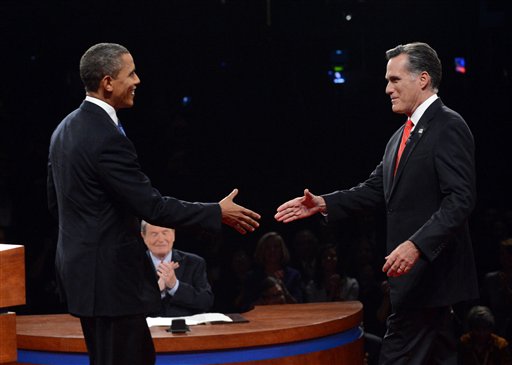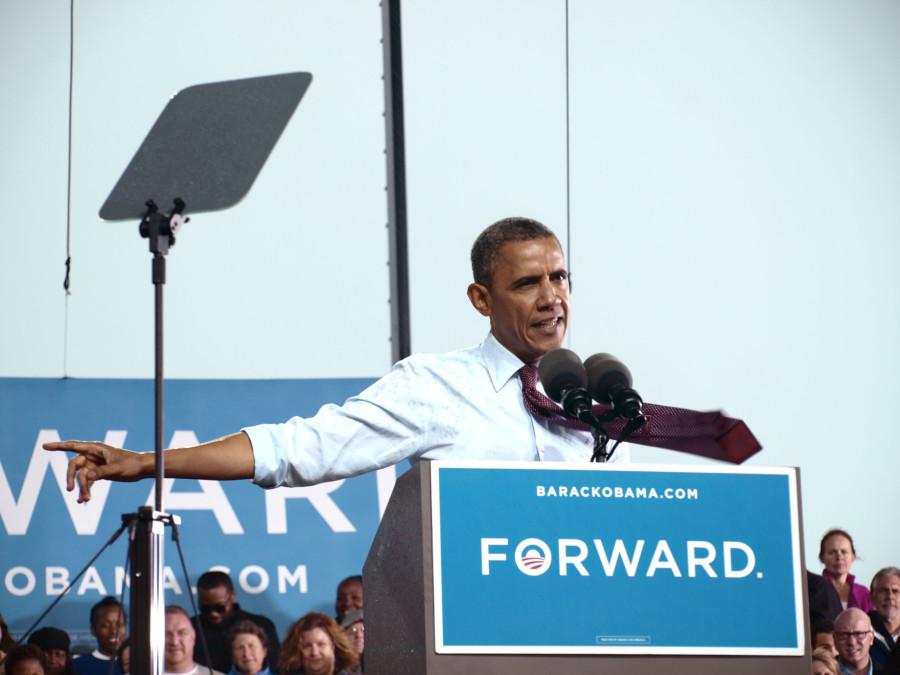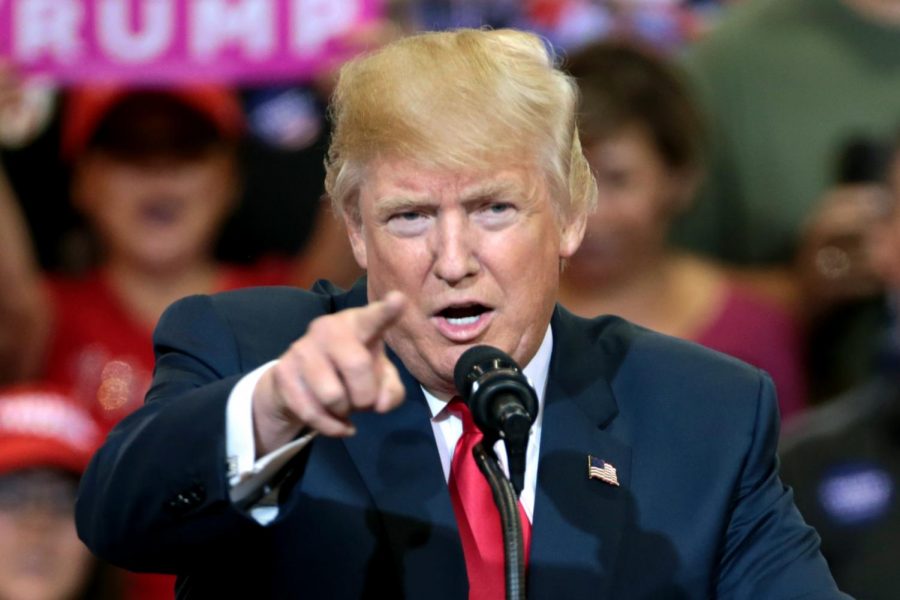
I’ve read a lot of books with strange premises, but reading one about the fictional re-election campaign of our sitting president is certainly in my top 10.
The book in question, “O: A Presidential Novel,” was released anonymously on Jan. 25, by an author whose only identification given was that he “has been in the same room as Barack Obama.” Since then, however, various sources in the media have reported that the writer is Mark Salter, a speechwriter who has worked for Senator John McCain for years and was a member of his campaign team during the 2008 presidential race.
Knowing that, the novel’s storyline unfolds like a parallel universe tale: An ambitious lobbyist named Cal Regan is brought on to be the campaign manager for the President of the United States’ re-election campaign. The president, referred to only by the un-subtle nickname “O,” looks to have a smooth campaign, but he and his staff quickly realize that their opponent, Republican challenger Tom Morrison, is sharp enough to give them a run for their money.
But because of the novel’s structure, we don’t discover this until about halfway through. “O’s” pacing is glacially slow, with early chapters only setting up the main characters and mobilizing them for the campaign.
The campaign itself has relatively few twists. The closest thing to a dramatic plot twist is a political scandal leaked to a thinly veiled parody of “The Huffington Post” that only ends up casting Morrison as a better candidate and the O campaign as unethical, pulling the race even closer.
It’s a revelation that may indicate the intent of Salter’s characterization. Morrison, a former military general-turned –politician, is portrayed in a light that is distinctly Obama, circa 2008. O himself is irked at one point by a move of Morrison’s that strikes him as “what (he) would have done were he in the same situation. It was what he had done in the last campaign.”
O, on the other hand, is prone to long, bitter internal dialogues, which sharply contrast his outwardly calm demeanor. At times, these dialogues can be insightful, but they lose some of their potency after the realization they are that of O, not Obama.
It’s that lack of verisimilitude which creates the novel’s largest thematic problem. While the book is clearly not meant to be nonfiction — it depicts a political campaign that hasn’t even happened, for one thing — its lack of specificity and purpose makes it seem pointless. The book is built on its omissions, from the name of the president, who is irritatingly listed as O even in reprinted news stories, to the absence of pivotal campaign moments like speeches, interviews and even the final vote.
The novel has structural flaws as well. The point of view is so fluid as to be meaningless, resulting in an omniscient narrator that takes on the tone of a boorish professor at times, and characters are described through long, tedious paragraphs of memory that tell us who they are instead of showing us.
Making matters worse, the writing is fixated on the future tense. This may seem like an appropriate choice, since the novel describes fictional future events, but it results in weak storytelling, paragraphs devoted to what “would” happen taking the place of scenes where such events actually “do” happen.
What the novel does do well is provide a close insight into political campaigns, a subject Salter is acutely familiar with even if he has had no experience on Obama’s side of the aisle. The most gripping passages were those devoted to how O and Morrison’s campaigns manipulate the media and public opinion to see exactly what the campaigns want them to see and nothing more.
But the novel’s mediocre writing makes it difficult to justify reading the book for these nuggets of knowledge, and the addition of seemingly true-to-life characters seems like nothing more than a publicity stunt since they are based on imaginings of those people rather than real portrayals.
Oddly, it is Cal Regan who may describe the novel best, speaking to a reporter critical of the campaign: “You ever wonder why stories like yours get buzz? … Because it’s a work of imagination, not reporting. You imprinted a stupid Hollywood psychodrama on the race when there are no facts to support it.”
It’s hard to sum up the novel any better.




